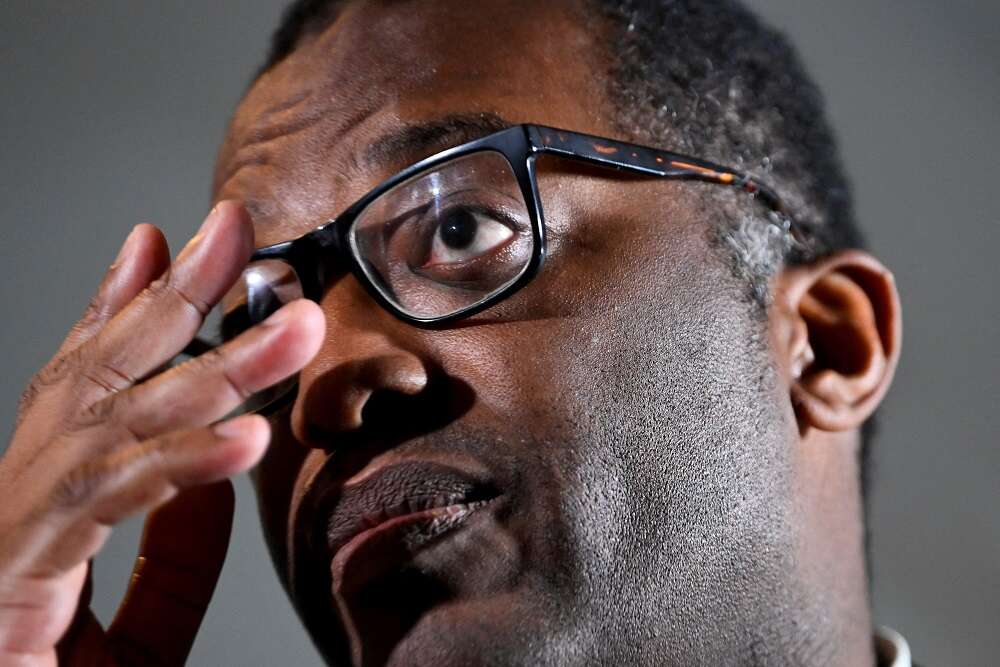
LONDON (Reuters) – British finance minister Kwasi Kwarteng on Monday abruptly dropped his plan to eliminate the top rate of income tax, part of his Sept. 23 “mini budget” that triggered a rout of sterling and government bonds in financial markets.
Following are some key points about the 45% tax rate.
WHEN WAS IT INTRODUCED?
The so-called additional rate of income tax of 50% for incomes over 150,000 pounds ($168,390.00) a year was introduced in April 2010 by the government of former prime minister Gordon Brown from the centre-left Labour Party.
The Conservative-led government of David Cameron cut the rate to 45% from April 2013.
WHO PAYS IT?
The number of additional-rate taxpayers has grown from about 200,000 in 2010 to about 600,000 today as more earners went above the 150,000-pound threshold which has never been raised.
The average gain from the planned elimination of the rate for people paying it would have been about 10,000 pounds a year, according to the Institute for Fiscal Studies. Those earning 600,000 pounds a year – the top 0.1% of taxpayers – would have each gained at least 22,000 pounds a year, the think tank said.
HOW MUCH MONEY DOES THE TOP RATE RAISE?
In terms of revenues, the top tax rate is not a big earner. The finance ministry said getting rid of it would cost about 2 billion pounds a year, a fraction of the total 45 billion pounds in tax cuts in the mini-budget. The bigger moves included a reversal of higher social security contributions, a cut in income tax for all workers and abandoning a corporate tax hike.
SO WHAT’S THE BIG DEAL?
Kwarteng and Prime Minister Liz Truss wanted the announcement of the cut to underscore their determination to create a low-tax, high-growth economy and make Britain more competitive with other economies.
Several Conservative lawmakers deplored the timing of the move amid a cost-of-living crisis. Many economists said it would do little to boost growth. For many investors, the decision suggested a shift away from sound management of the budget.
IS THE UK A HIGH-TAX ECONOMY?
Truss lambasted Rishi Sunak, her rival in the race for the leadership of the Conservative Party, for pushing up taxes to their highest proportion of gross domestic product in 70 years while he was finance minister.
But even if Sunak’s plans had been introduced, they would have left Britain’s tax burden lower than a dozen other European countries including France and Germany, according to data from the Organisation for Economic Co-operation and Development.
($1 = 0.8908 pounds)
(Writing by William Schomberg; Editing by Andrew Heavens)


